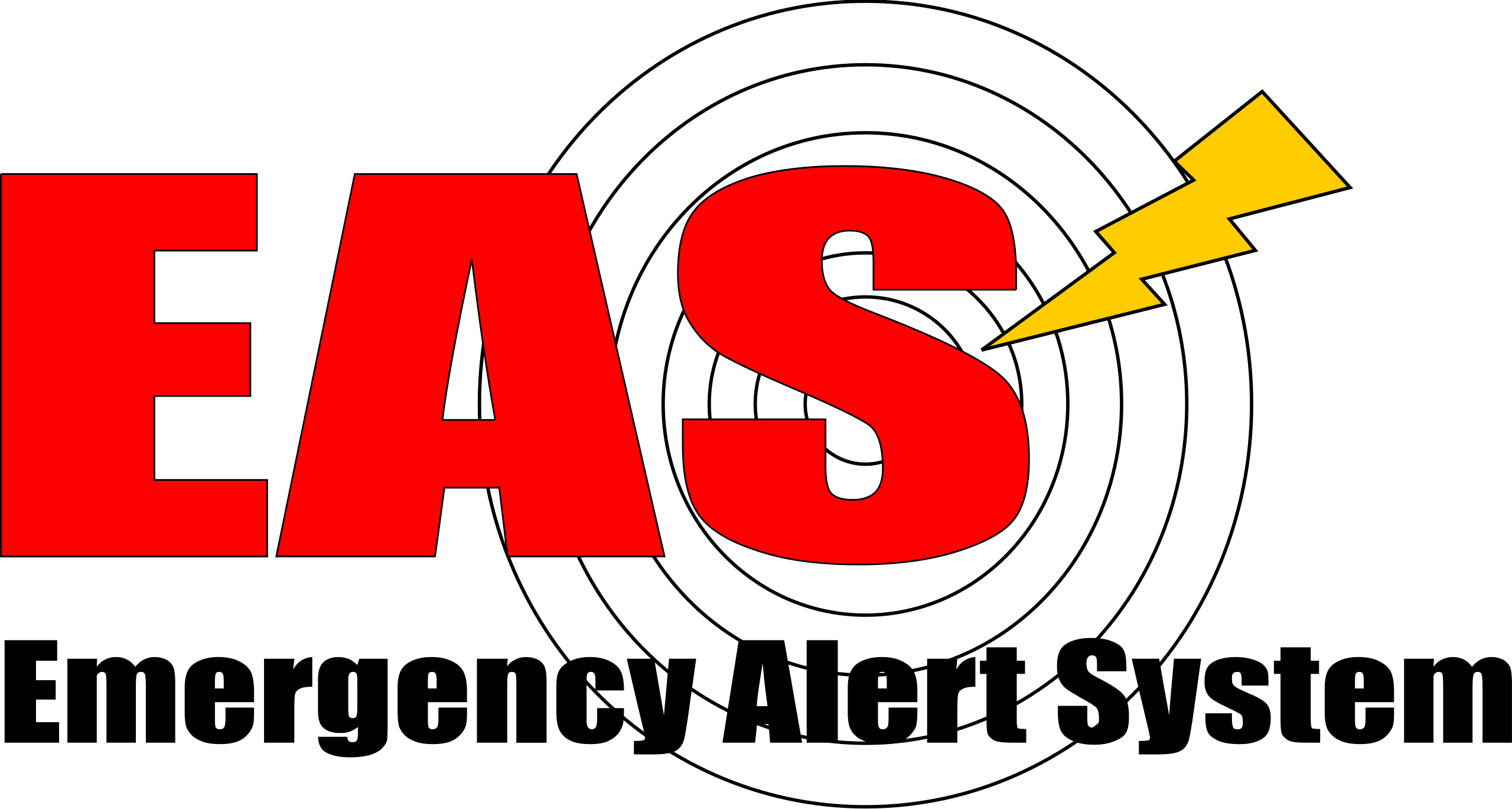EBU backs ITU move against hostile satellite jamming
Governments have been given greater license to tackle jamming of international satellite transmissions following overwhelming approval by member countries of the International Telecommunication Union (ITU) at the recent World Radio Communications Conference (WRC-12) in Geneva.
The decision at the conference, which is held every few years by the ITU to set international standards and policy for radio spectrum, was taken after four, top European broadcasters teamed up with the U.S. Broadcasting Board of Governors (BBG) in calling for tougher action against states that jam transmission, particularly Iran.
At the start of WRC-12 a month ago, the BBG, BBC, Deutsche Welle (DW), Audiovisuel Extérieur de la France (AEF) and Radio Netherlands Worldwide (RNW) issued a joint statement noting jamming of satellite uplinks was contrary to Article 19 of the Universal Declaration of Human Rights, which states: “Everyone has the right to freedom of opinion and expression; this right includes freedom to hold opinions without interference and to seek, receive and impart information and ideas through any media and regardless of frontiers.”
The exact nature of the proposed remedies is not yet clear, but the ITU has called for governments, broadcasters and satellite operators to work much more closely together in tackling the problem and exert greater pressure on the rogue states that still engage in uplink jamming. The move was welcomed by human rights groups and media freedom campaigners, including the International Campaign for Human Rights in Iran (ICHRI), which pointed out, however, that this was just the beginning. The ICHRI suggested that a good first step would be for the European satellite operating companies such as Eutelsat to be more active in stopping Iran from jamming signals, and threatening to cease allowing the country’s state-owned broadcasters from using their capacity unimpeded if they do not cooperate.
Iran has not responded officially to the WRC-12 decision, but appears to be aware that the game may be ending for uplink jamming, since its police have been seen removing unapproved satellite from houses. In this way, they are blocking foreign broadcasts downstream in case they fail to jam them further out.
The primary focus appears to be on legal measures at this stage, and pressure on countries such as China that may be supplying jamming equipment. But, there are technical measures that can be deployed to counter jamming, with a number of these already standing by ready to be applied if need be. These include algorithms that enable the relevant signal to jump around in frequency and dodge the jamming transmission. To be sure they will work against current jamming techniques, these measures need extensive testing, and ongoing re-evaluation, for this is in effect an arms race.
At any rate, the tougher stance being taken by the ITU was welcomed by the European Broadcast Union (EBU).
Get the TV Tech Newsletter
The professional video industry's #1 source for news, trends and product and tech information. Sign up below.
“From the EBU's point of view, this decision taken by so many countries participating in WRC-12 is a first important step in the right direction,” EBU Director General Ingrid Deltenre said. “Now, we expect ITU services to be vigilant and ready to react to deliberate attempts to obstruct the free flow of information."
Numerous complaints have been lodged with the ITU and EBU about jamming of international satellite TV programs in Persian and Arabic, carried mainly on Eutelsat and Arabsat satellites. Such interference has increased over the last few months since September 2011, preventing audiences from receiving TV and radio programs transmitted by a number of broadcasters including the BBC, Radio France Internationale, Deutsche Welle, Radio Netherlands Worldwide (RNW) and Voice of America (VOA).
